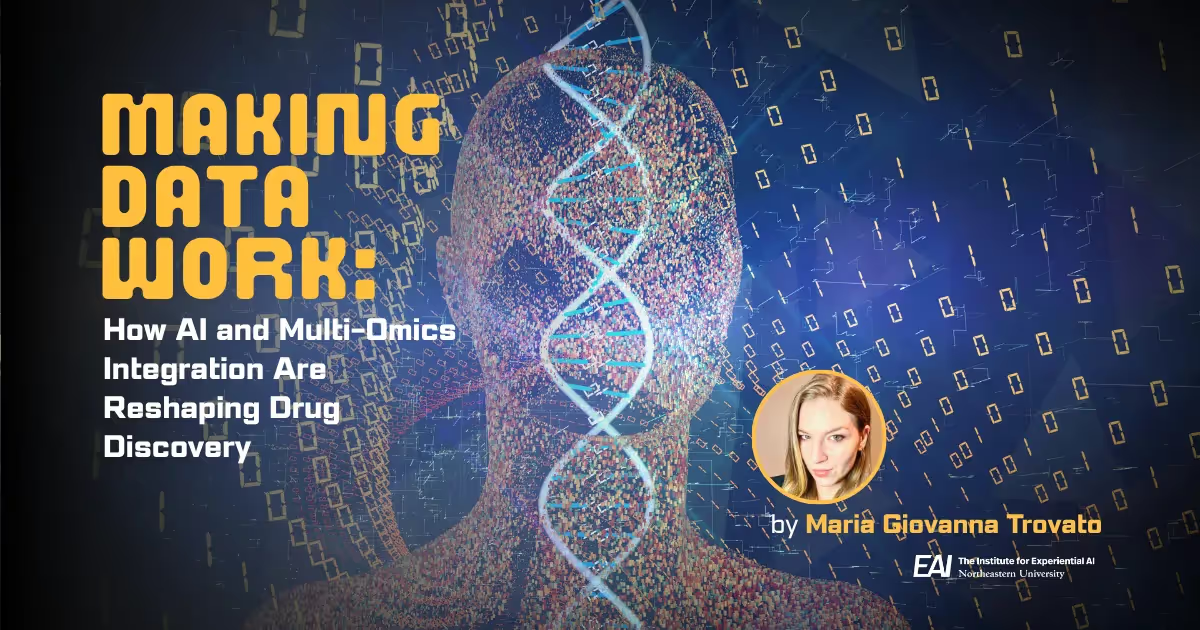Microsoft’s Accelerating Foundation Models Grant Helps Institute Study Generative AI for Pandemic Preparedness

Last month, the Institute for Experiential AI announced an exciting new collaboration with the Center for Advanced Preparedness and Threat Response Simulation (CAPTRS) to help public officials make better, more informed decisions about emerging health threats.
Core to the project is the development of a new large language model (LLM) that can simulate disease outbreaks and evaluate user responses—sort of like ChatGPT but trained on epidemiological data and outbreak alerts
Sam Scarpino, director of AI + Life Sciences at the Institute for Experiential AI, is a principal figure in that collaboration. This month, he received a grant from Microsoft Research to help scale up the development of LLMs for outbreak simulation. The Accelerating Foundation Models Research award provides resources in the Azure cloud environment to build and train generative AI models; that includes access to models like GPT 3, Llama, (Meta’s open-access LLM), and other tools.
In addition to recognizing Sam’s contributions to the emerging space of outbreak analytics, the award signifies the growing role of Northeastern University in developing new AI models.
“Part of the work we are doing with CAPTRS is building a chatbot for pandemic wargaming,” Sam explains. “What this is doing is leveraging the underlying neural networks that are a part of those chatbots to do something that's more traditional in the AI world, which is to make a prediction about something.”
One thing that the underlying architecture of generative AI is really good at is modeling text data. Researchers can use those underlying neural networks not only to build new chatbots, but also to take alerts as inputs and provide risk assessments as outputs.
The Microsoft grant will help Sam and his research team build more robust pandemic simulations, which can then be used to predict disease outbreaks and train public health decision-makers. At the same time, it demonstrates the efficacy of historical data and LLMs to provide actionable risk assessment for high-stakes decision-making.
As global health organizations, universities, and governments continue to steer research to help combat or even predict the next pandemic, AI and outbreak analytics are two tools ripe for plucking. For its part, the Institute for Experiential AI—through its collaboration with CAPTRS and, now, funding from Microsoft—shows it has a growing stake in the space, with a diverse bench of multidisciplinary researchers from industry and academia.
“Our vision is to provide an early warning system for pandemics,” Sam says. “This is just one small step in a thousand-step journey to reach that goal, but it shows we’re at the table with the big players in AI.”


%20-%20EAI%20Team%20.avif)
%20(30).avif)
